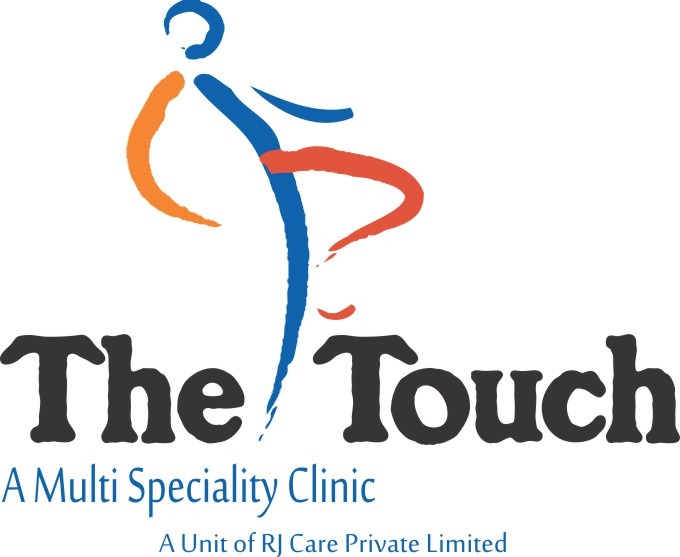Preimplantation Genetic Screening (PGS) is an assessment done on the embryos after IVF process to get details about the genetic characteristics of the embryo. It is primarily used to select the best embryo for embryo transfer thereby increasing the likelihood of having a successful transfer. It works by assessing the number of genetic materials in the chromosome. It is recommended for all the women undergoing IVF therapy but it’s mostly essential for older women. Below are the benefits and pitfalls of PGS.
Benefits of PGS
It results in high chances of pregnancy after embryo transfer
It helps in reducing the chances of miscarriages
It helps in saving cost and time of repeated IVF cycles because one transfer is enough after being successful.
It helps in preventing health risks related with twins and triplet pregnancies.
It inspires confidence in transferring just one embryo.
Pitfalls of PGS
It is an invasive procedure which may cause harm to the embryo
PGS only screens one part of the embryo and therefore it’s not comprehensive
If the test is done and still the pregnancy fails, it may lead to emotional trauma.
Besides its pitfalls, PGS is an essential step before embryo transfer. Test tube baby cost in India can be high especially if there are repeated pregnancy failures. For the best services and cost of IVF treatment in Punjab, visit The Touch Clinic.
In summary, PGS is a diagnostic procedure used to assess the genetic characteristics of an embryo before the transfer. It is essential after IVF process especially for older women.

 Robotic
Robotic




